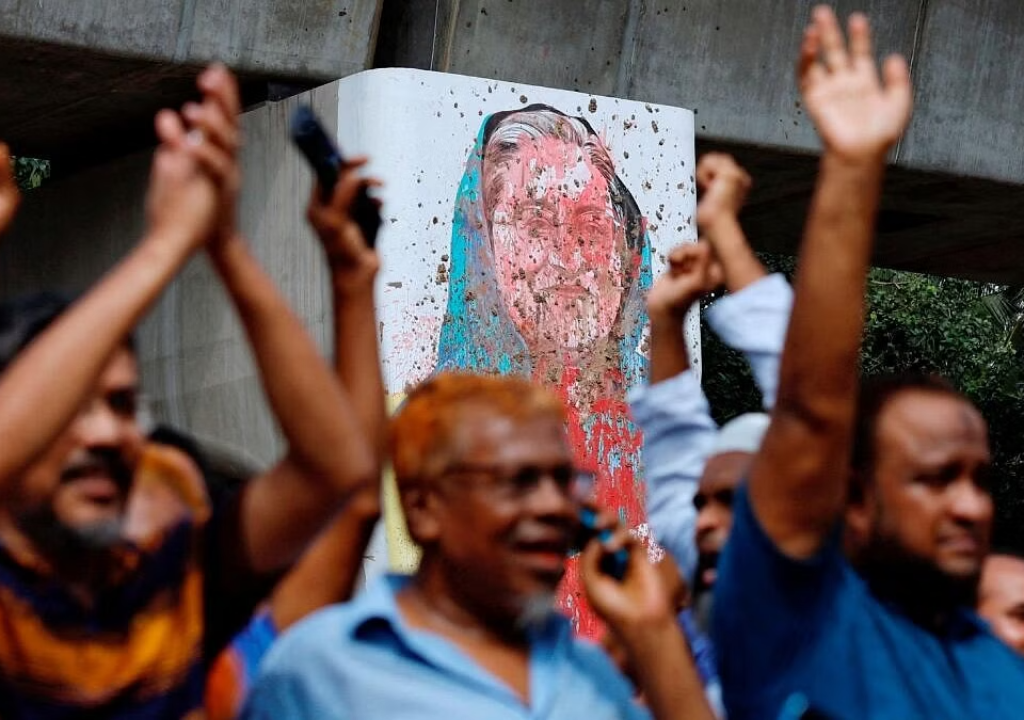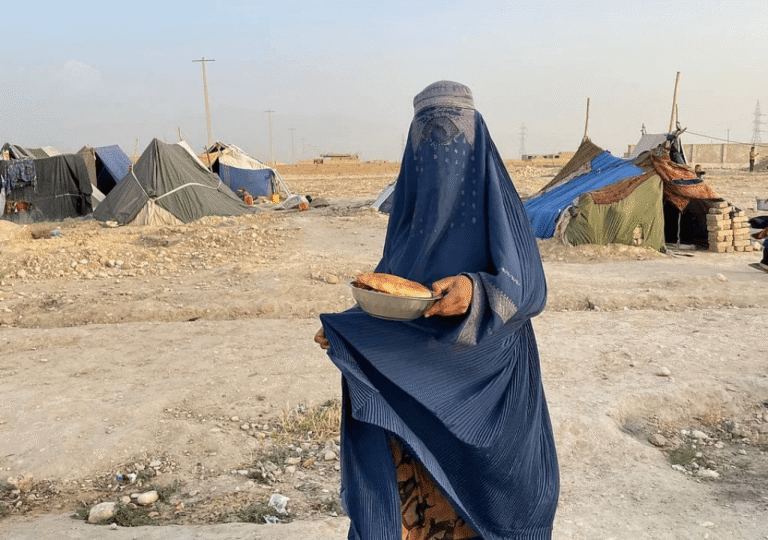Even though Bangladesh claims a constructed identity of Islamic Bangla, it is actually a product of conflict between the region’s superpowers, India and Pakistan. This former part of Pakistan became an independent state in 1971 with the intervention of India. The conflict nearly escalated into a world war, as Pakistan received strong support from the United States, while the Soviet Union aligned with India. Even after independence, Bangladesh has remained entangled in power politics, with foreign powers interfering and causing various political incidents, including assassinations, coups, and student protests. Political analysts point to this foreign interference as a cause of the recent wave of protests that led to the toppling of the government. Why is Bangladesh subject to such interference, and who is making it prone to unrest?
Bangladesh, a small and densely populated country, has highly congested living conditions. A spark can lead to mass unrest that can affect the administration in Dhaka. This is why Bangladesh is often in turmoil, with mass mob actions being common, making it susceptible to foreign interference. India’s and Pakistan’s involvement in Bangladesh stems from their mutual fears. India is particularly concerned that any instability in Bangladesh could destabilize its eastern regions. Since Bangladesh shares the majority of its border with India, any conflict within Bangladesh could result in a significant influx of refugees into India, posing substantial political and economic challenges. Many districts in India have become Muslim-majority due to this influx, leading to cultural tensions as Hindus and tribal communities feel outnumbered. Many immigrants to India are reportedly attracted to Islamist organizations and become radicalized. Consequently, India has consistently supported Sheikh Hasina and her Awami League party to stabilize the country and its borders and promote cultural ties. Through this alliance, India has emphasized a Bangla identity over an Islamist identity, enhancing cultural exchange between Bangladesh and the Indian state of Bengal.
Pakistan, which lost the war with India and was forced to grant independence to Bangladesh, has never given up on the country. They have attempted to disrupt Bangladesh’s growing ties with India by supporting the anti-Indian Bangladesh Nationalist Party (BNP) and its leader, Khaleda Zia. While India has promoted a Bangla identity, Pakistan has pushed for an Islamic identity and anti-Indian propaganda. Pakistan also supported Jamaat-e-Islami, an organization advocating for the Islamization of the Indian subcontinent, which has worked to promote Islamic values in Bangladesh. Many accuse the recent riots that led to Sheikh Hasina’s ousting of being influenced by Pakistan-supported Islamic factions. Indian media have reported on these accusations and are investigating whether the riots involved persecution of minorities in Bangladesh.
India and Pakistan are not the only interested parties in Bangladesh. The United States and the UK, which did not support Bangladesh’s independence and even opposed India for backing it, are also implicated according to some political analysts. Sheikh Hasina has consistently blocked U.S. attempts to acquire St. Martin’s Island, which was reportedly part of a U.S. plan to establish a military base and boost its military dominance in the region. Some believe that the United Kingdom has plans to create a Christian nation in the Indian subcontinent while forming a Muslim nation elsewhere, and sees an opportunity in Bangladesh. Muslim countries, including Saudi Arabia and Qatar, which have supported Islamist factions in Bangladesh, have helped to bolster the Islamic identity of the country. China, which seeks to reduce India’s dominance in the Bay of Bengal, also disapproves of Hasina’s alignment with India and has therefore been accused of intervening in Bangladesh as well.
Bangladesh is currently in a transitional phase, and foreign countries are closely watching the situation. Despite previous authoritarian tendencies during Sheikh Hasina’s tenure, Bangladesh has recorded growth and emerged from India’s shadow. It will be interesting to see what Bangladesh will be like after Hasina. The country is now under an interim government led by Younus, who has the support of the West. The upcoming election will be a battleground for various parties with different agendas and foreign influences. If Bangladesh cannot form a strong government, foreign interference will likely continue.








